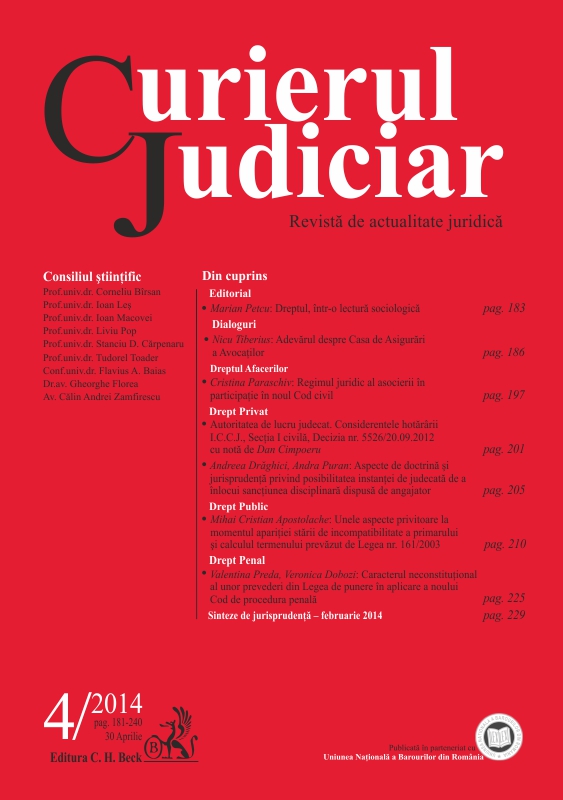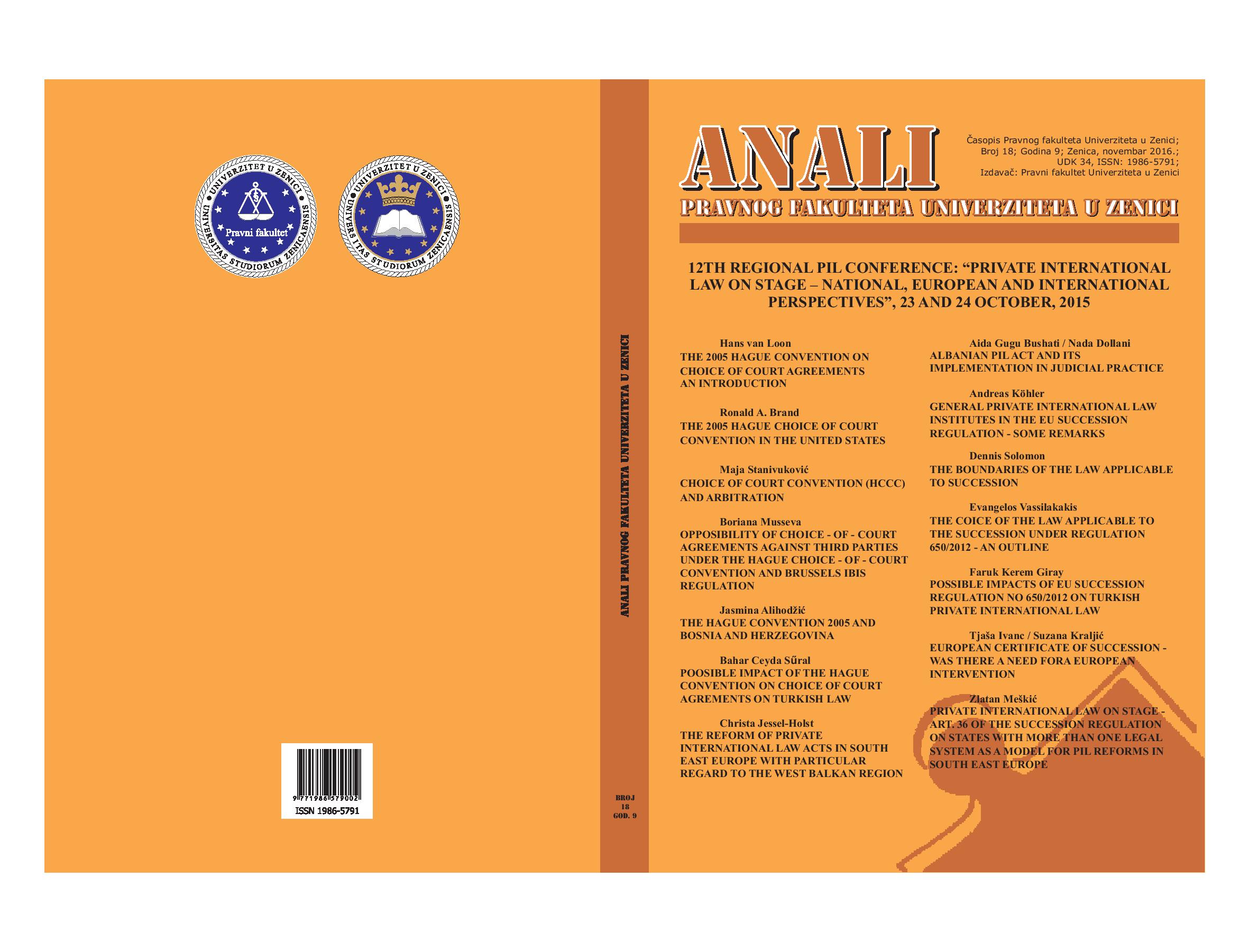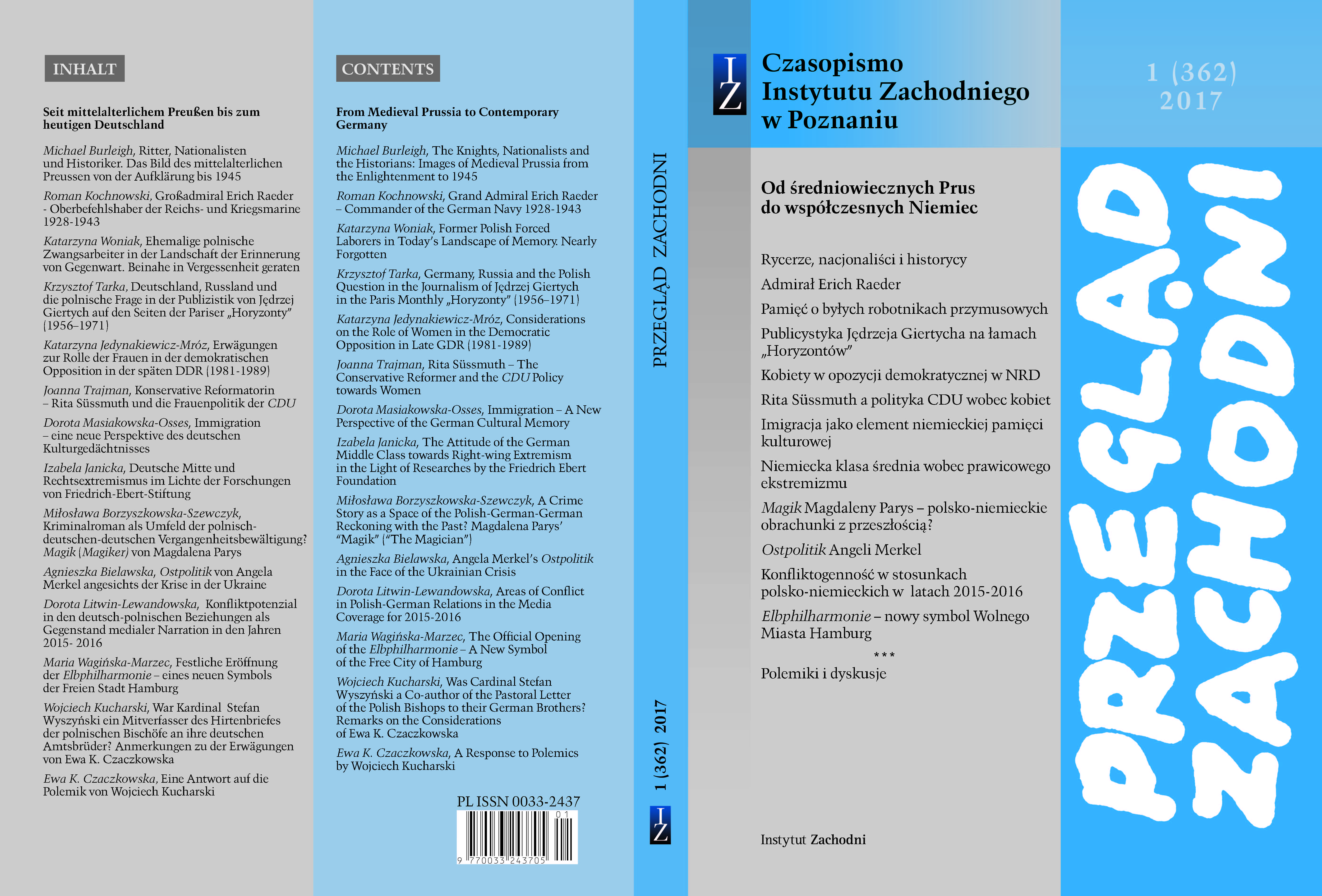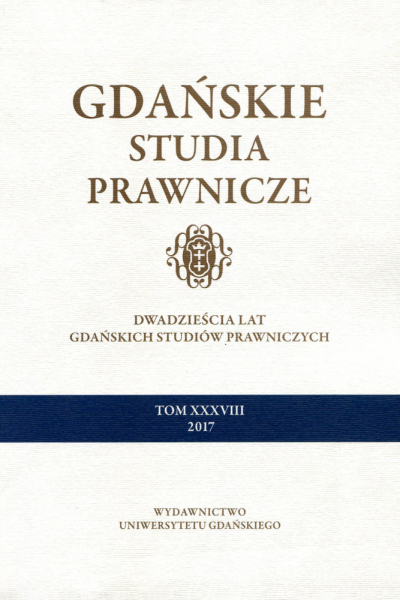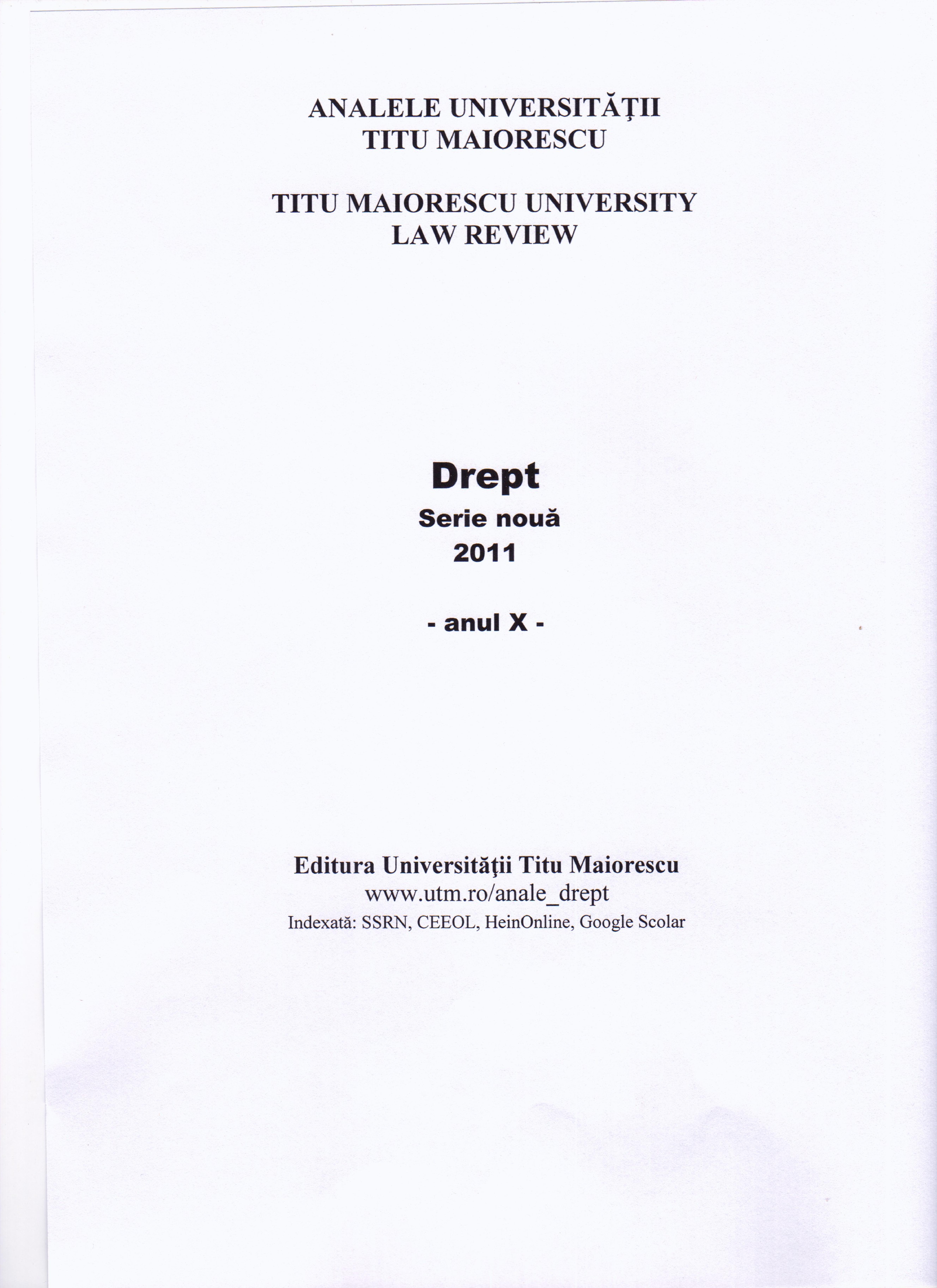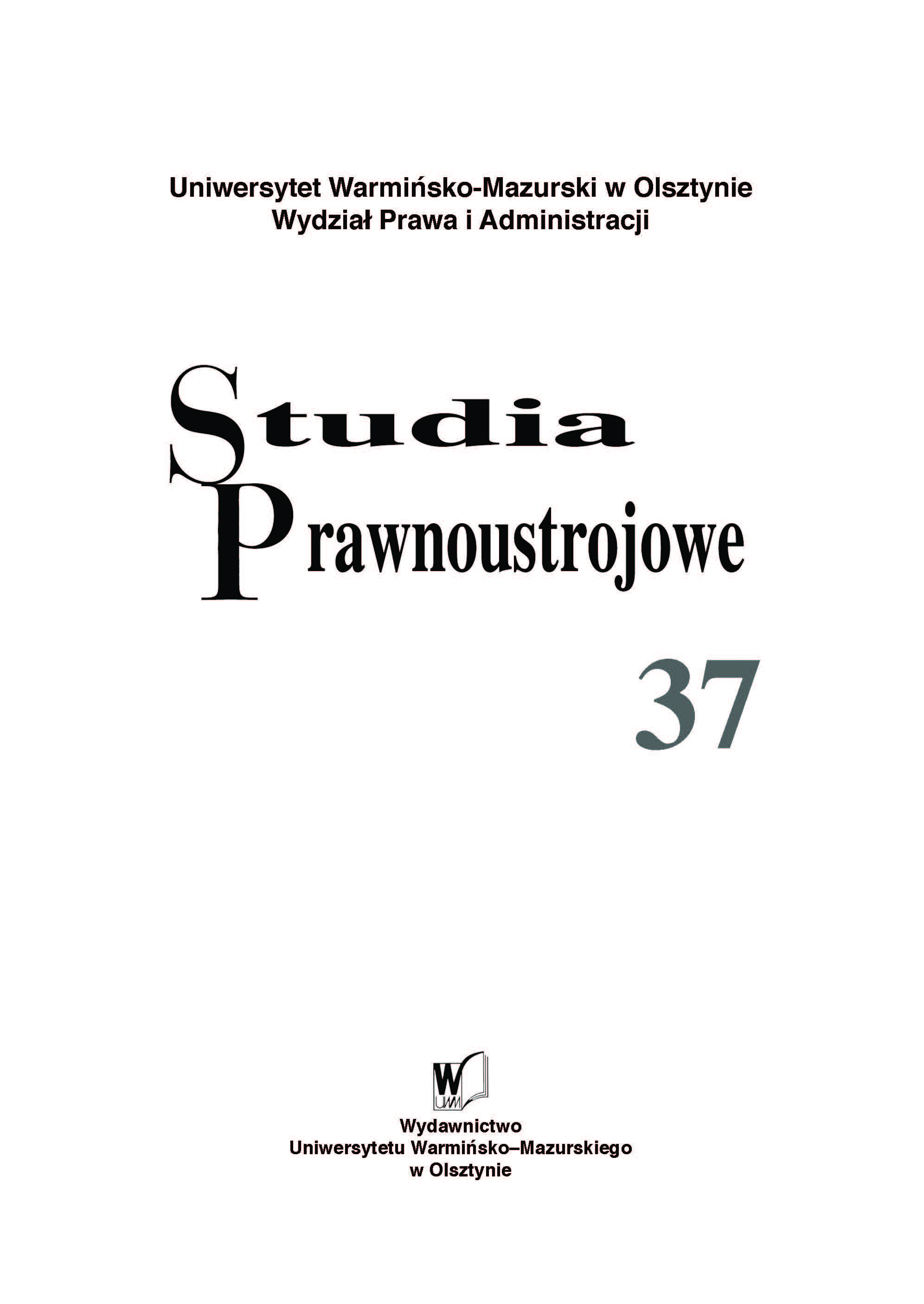Author(s): Suzana Medar / Language(s): Serbian
Issue: 71/2015
The issue of sources of law has been а matter of considerable attention not only in legal theory and philosophy but also in positive law disciplines. Sources of law are commonly divided into substantive, formal and value-based sources. Depending on classifications suggested by different authors, general principles of law may fall into all three categories of sources of law. General principles of domestic law are rules covering a vast number of specific situations which are subsequently used as grounds for generating numerous norms regulating these situations in more detail. In international law, there are general principles of international law as well as legal principles recognized by civilized nations. General principles of the European Union law are an integral part of the positive EU legislation, which clearly differentiates them from similar sets of general goals, objectives, values, agenda postulates, and the like. The general principles of EU law are have their origins in the Founding Treaties, the legal systems of the Member States and the case law of the EU Court of Justice. Considering their content and legal nature, the general principles of EU law are divided into: compulsory or axiomatic principles, regulatory or structural principles (which all national laws of the Member States have in common), and the general principles inherent to the EU legal order. Some of the most important general principles of EU law are: the principle of supremacy of EU law over the national law, the principle of direct effect of EU law, the principle of autonomy of EU law, the principle of full effect of EU law, the principle of State liability for damage, the principle of legality, the principle of legal certainty, the principle of good faith and fair dealing, the principle of fair hearing, the principle of subsidiarity, the principle of proportionality, the principle of loyalty, the principle of non-discrimination, etc.
More...
